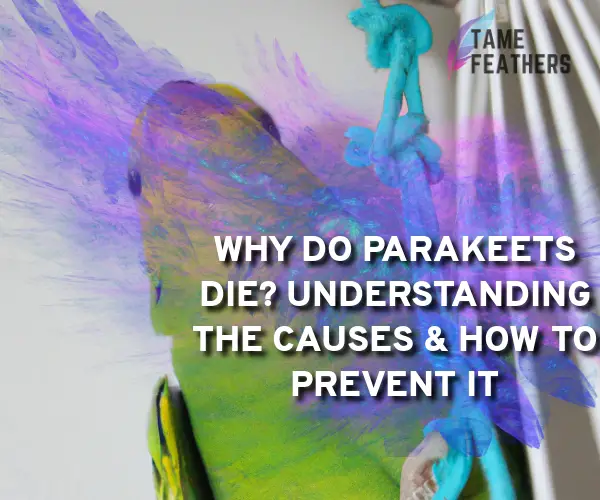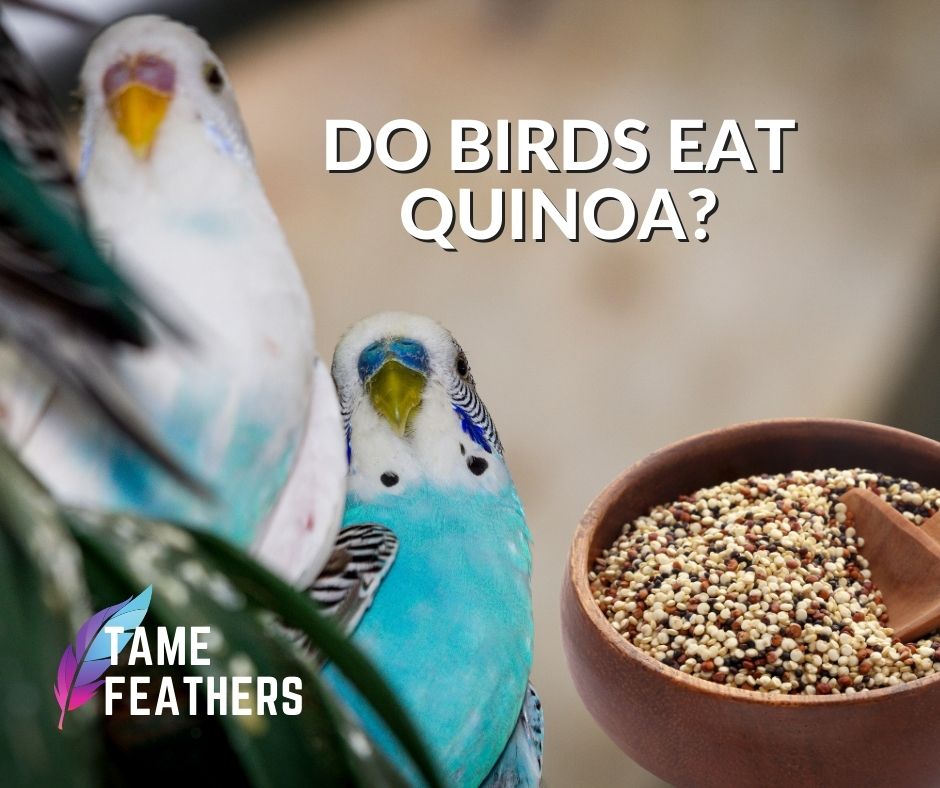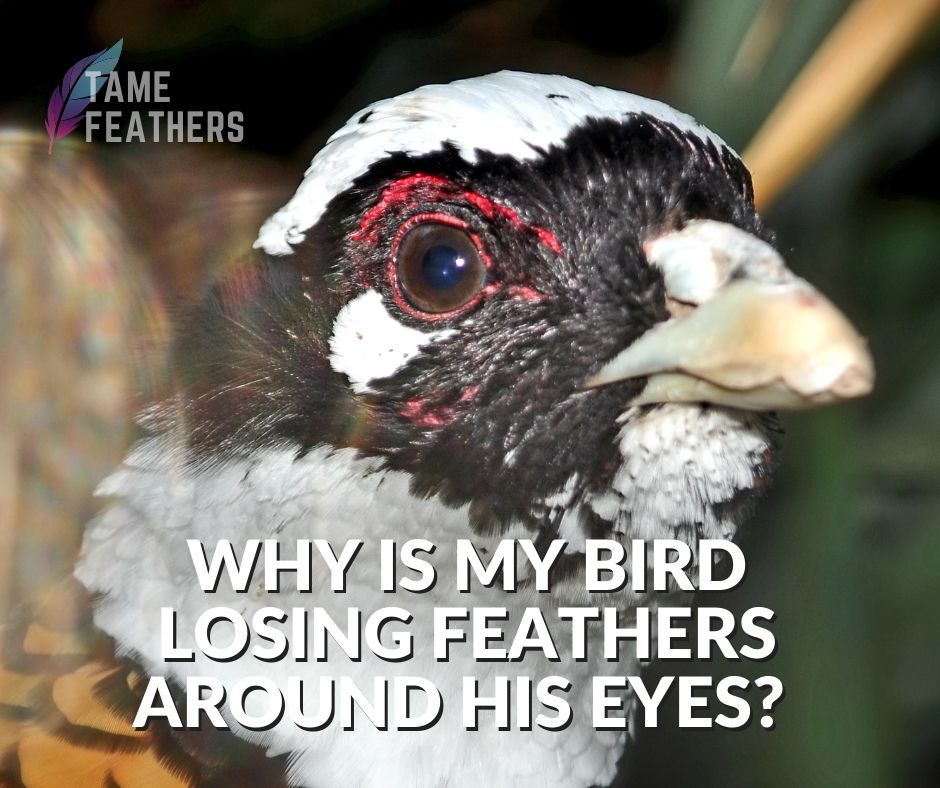Common Causes Of Parakeet Death
There are a few different reasons that might end a parakeet’s life, the most common of which being illness, injury, and old age. Disease is by far the most common factor that leads to the demise of parakeets. In the absence of treatment, infectious infections caused by bacteria like E. coli and Salmonella can be fatal. Infections caused by viruses, such as avian pox and Newcastle disease, are another threat to birds and can ultimately result in their demise. In addition, a bird’s immune system may become compromised to the point that it is no longer able to fight off one of these diseases if it is infested with parasites like mites or lice.Injuries are another typical reason why parakeets pass away; they can sustain damage through accidents with walls or other objects in their habitat, leading to broken wings or head injuries that prove fatal if they are not treated as soon as possible. Inadequate nourishment and a lack of physical activity will eventually cause a bird’s body to become so weakened that it will finally succumb to malnutrition or organ failure and die.
Some breeds of pet birds live longer than others, but eventually all parakeets die of old age at some point. Some breeds of parakeets live longer than others, but eventually all parakeets die of old age.
Signs Of Illness & Injury
It is essential for owners to be able to identify symptoms of disease in their birds so that they can respond promptly when necessary. Early detection enhances the likelihood that a sick bird will respond positively to therapy and make a full recovery.Lethargy, weight loss or gain, diarrhea or constipation, changes in appetite (eating more or less), sneezing, coughing, or wheezing noises when breathing normally (not related to stress), fluffed feathers instead of normal grooming behavior indicating discomfort on the part of the bird, and drooping wings instead of an alert posture are some symptoms that may indicate your bird is ill. There is a possibility that your parakeet may develop other symptoms, depending on the infection that it has contracted. (why do my parakeets keep dying?, do parakeets die easily?) . It is crucial that you get informed with both the physical and behavioral changes that may occur so that you are prepared to respond appropriately in the event that any alarming adjustments take place.
Environmental Factors That Can Lead To Parrot Death
The environment plays a significant part in determining the overall health of your cat. If the temperatures within the cage are too low, your pet runs the risk of overheating, and if there is too much draftiness, they become susceptible to cold-related disorders (why did my parrakeet die?) . Ensure that there is sufficient ventilation throughout its living areas, as well as plenty of access to fresh water sources on a daily basis and light exposure that helps regulate sleep cycles. This means providing them with natural lighting during the daytime hours as well as dark spaces nighttime rest periods away from loud noise disturbances. If this is not done, the quality of life expectancy rates will be negatively affected over the long run.Caring For A Sick Bird
If you see any of the indicators indicated above, you should have your veterinarian check your state of health as soon as possible. A diagnosis enables a better determination of the proper procedures and treatments essential to get back into good form again. (parrakeet died suddenly?) . Different kinds of drugs are recommended by him or her depending on the severity of the disease. Antibiotics, vitamin supplements, hospitalization, and other medical interventions are required to help strengthen the immune system and make the recovery process easier to manage. Concurrently, making the environment at home comfortable by upholding cleanliness and safety standards further contributes to ensuring the wellbeing of the companion and helping to avoid future complications.Do Not Overfeed Your Birds
( why do my Parrakeets keep dying?) An excessive amount of food causes a nutrition overload, which leads to indigestion and gastrointestinal disorders, both of which are risk factors. Limit treats and snacks to special occasions only because high sugar processed ingredients are frequently found in these products. These products also contain added preservatives, additives, artificial colors, and flavors. Heart-related diseases add strain to an already weakened body. Conditions that affect patients at the same time. increase the likelihood that pets will become ill; as a result, when dealing with issues involving animal caretaking, preventative maintenance, purpose longevity, loved ones lives, worthwhile effort worth investing into indefinitely, strictly adhere to general recommendation portion size specific dietary guidelines.Trending






